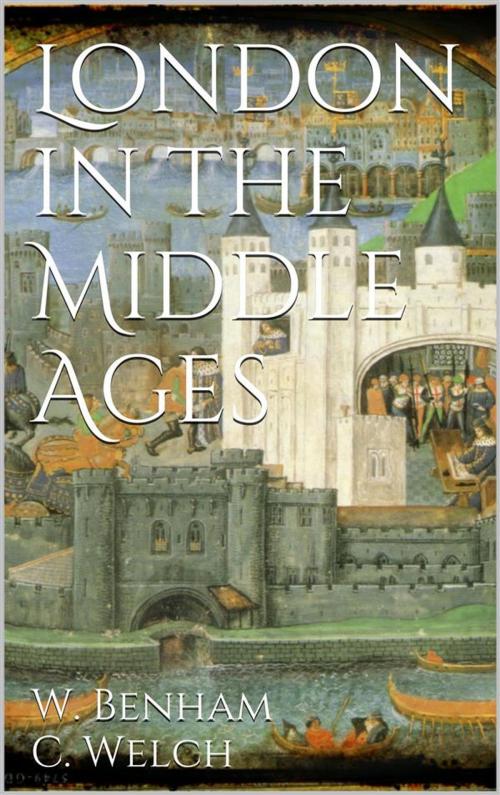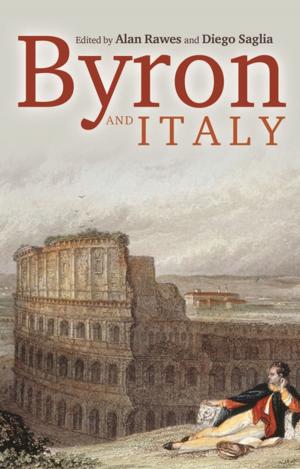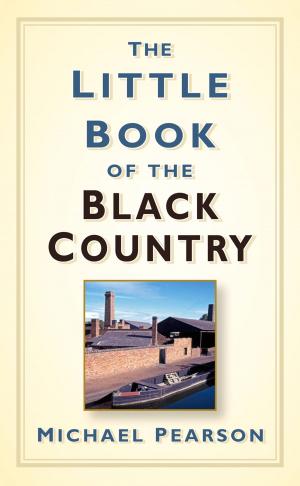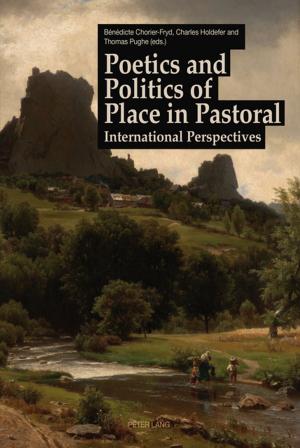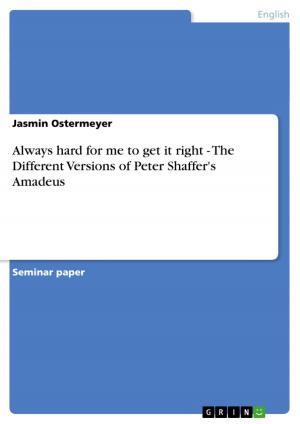| Author: | William Benham, Charles Welch | ISBN: | 9786050379877 |
| Publisher: | William Benham | Publication: | May 16, 2015 |
| Imprint: | Language: | English |
| Author: | William Benham, Charles Welch |
| ISBN: | 9786050379877 |
| Publisher: | William Benham |
| Publication: | May 16, 2015 |
| Imprint: | |
| Language: | English |
Mediæval London—it is a perfectly distinct and real subject, though it might be difficult to give exact dates of beginning and end. Historical periods glide in, and run their course, and fade away or take fresh shape. Yet we may venture to approximate, and to say with some confidence that Ancient London changed into Mediæval in the days of King Alfred, and passed into Modern with the accession of the Stuarts. The Great Fire of 1666 made vast changes not only in the city itself, but in the surroundings thereof, but modern London had begun nearly a century before that.
London is not mentioned in Cæsar’s account of Britain, but we know from Tacitus that it existed and was a place of importance. In a lecture of Dean Stanley delivered in Exeter Hall, entitled “The Study of Modern History in London,” he follows the etymology accepted in his time, and interprets the name “The City of Ships.” That derivation was disproved by Dr. Guest, and the meaning now, so far as I know, universally held by scholars is “The Fortress by the Lake.” The “lake,” so called, was the river spread out in a wide marsh on the Surrey side, and the “fortress” was a palisaded ground round the neighbourhood of the present Cannon Street Station.
Mediæval London—it is a perfectly distinct and real subject, though it might be difficult to give exact dates of beginning and end. Historical periods glide in, and run their course, and fade away or take fresh shape. Yet we may venture to approximate, and to say with some confidence that Ancient London changed into Mediæval in the days of King Alfred, and passed into Modern with the accession of the Stuarts. The Great Fire of 1666 made vast changes not only in the city itself, but in the surroundings thereof, but modern London had begun nearly a century before that.
London is not mentioned in Cæsar’s account of Britain, but we know from Tacitus that it existed and was a place of importance. In a lecture of Dean Stanley delivered in Exeter Hall, entitled “The Study of Modern History in London,” he follows the etymology accepted in his time, and interprets the name “The City of Ships.” That derivation was disproved by Dr. Guest, and the meaning now, so far as I know, universally held by scholars is “The Fortress by the Lake.” The “lake,” so called, was the river spread out in a wide marsh on the Surrey side, and the “fortress” was a palisaded ground round the neighbourhood of the present Cannon Street Station.
